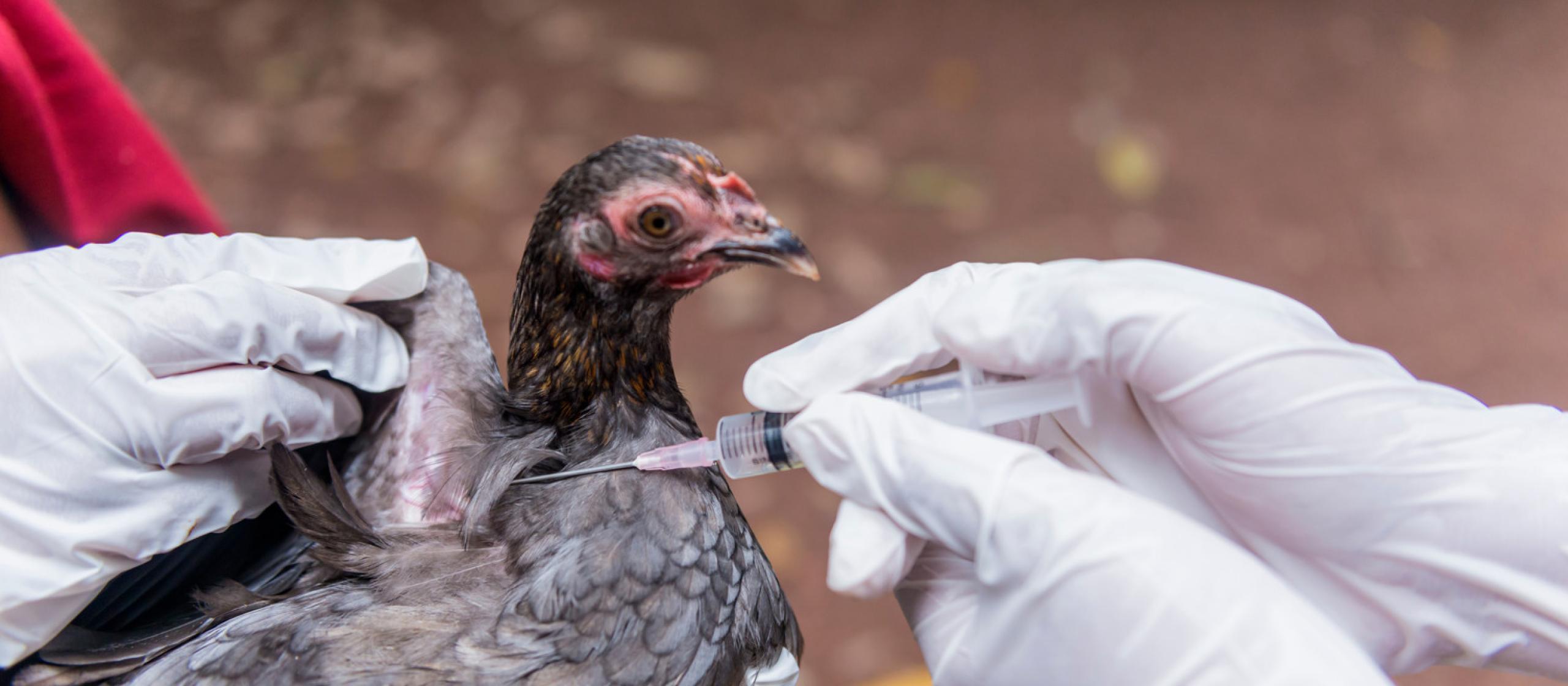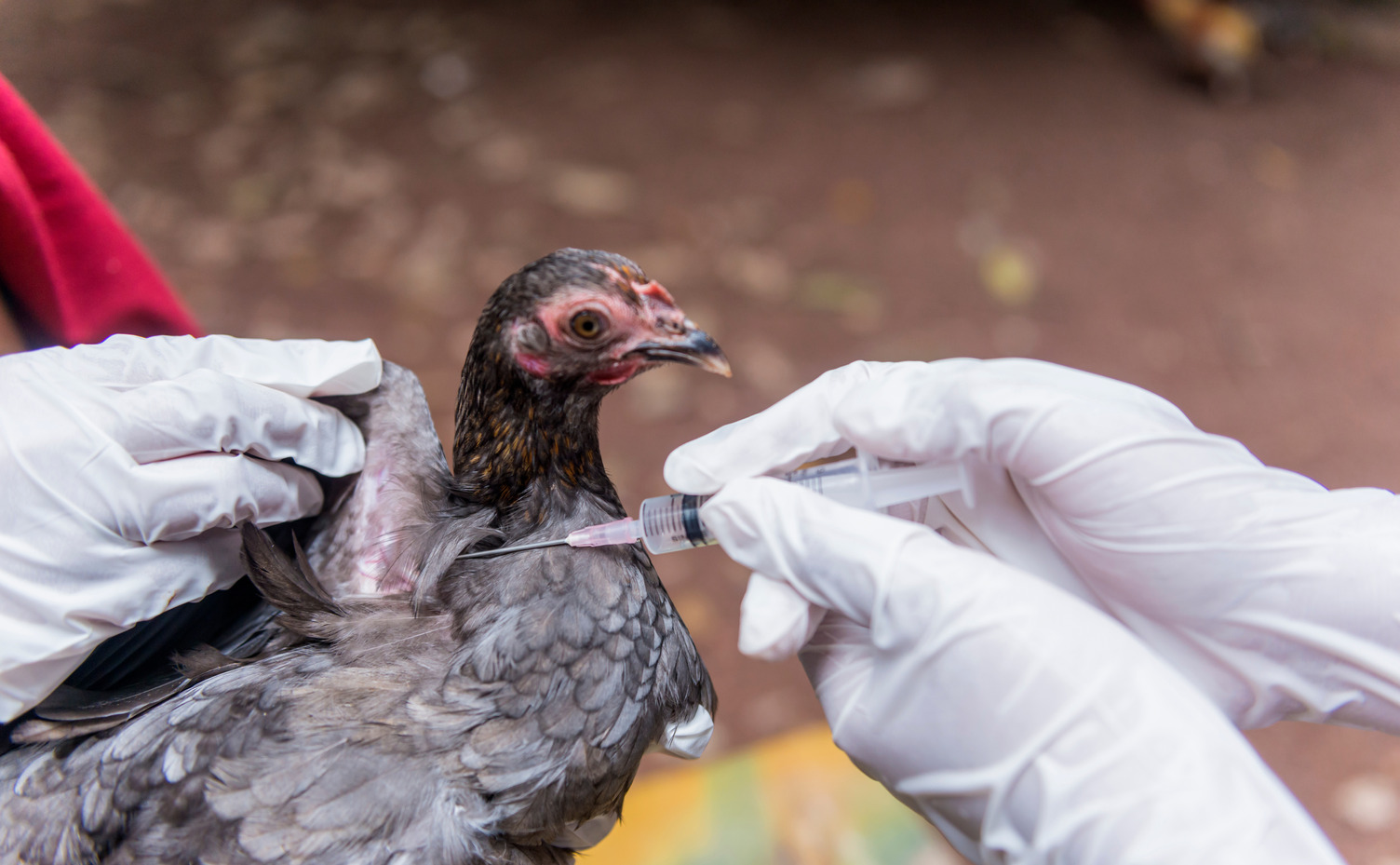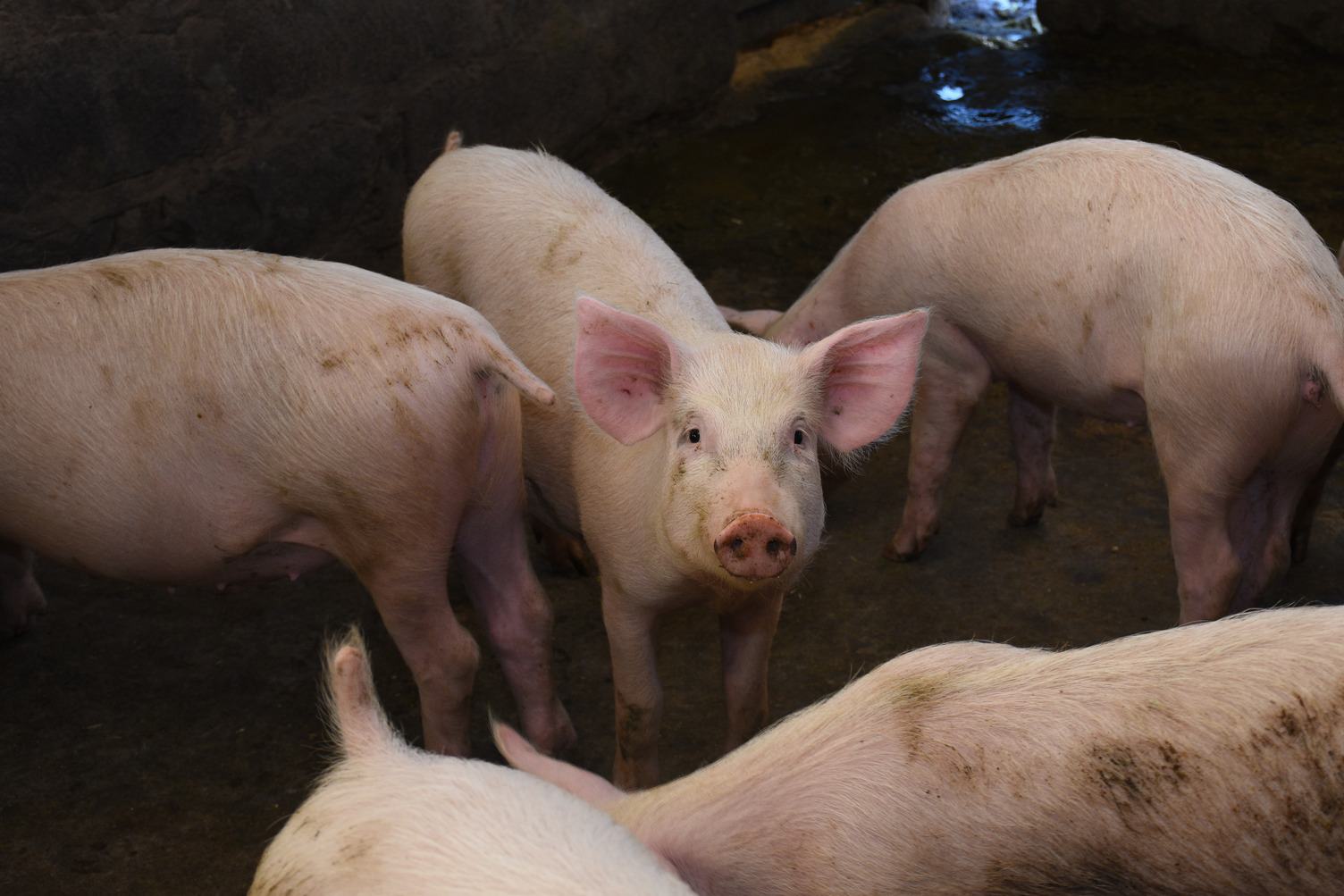- HomeHome
-
About ACIAR
- Our work
- Our people
-
Corporate information
- ACIAR Audit Committee
- Commission for International Agricultural Research
- Policy Advisory Council
- Agency reviews
- Executive remuneration disclosure
- Freedom of information (FOI)
- Gifts and benefits register
- Information publication scheme
- List of new agency files
- Contracts
- Legal services expenditure
- Privacy impact assessment register
- Commonwealth Child Safe Framework
- Benefits to Australia
- Careers
- 40 years of ACIAR
-
What we do
- Programs
- Cross-cutting areas
- Resources
- Where we work
-
Funding
- Research projects
- Fellowships
-
Scholarships
- John Allwright FellowshipScholarships to study in Australia for ACIAR partner country scientists to have Australian postgraduate qualifications
- ACIAR Pacific Agriculture Scholarships and Support and Climate Resilience Program
- Alumni Research Support Facility
- Publications
- News and Outreach
Date released
22 July 2021
Over the past thirty years, Cambodia, Lao PDR and Vietnam have become some of the fastest-growing market economies in Southeast Asia, with a growing reliance on the private sector to provide human and animal health services.
The transition has resulted in private companies delivering about 85% of primary health care in Cambodia and 60% of outpatient care in Vietnam. The Lao PDR government has gone from being the sole provider of veterinary drugs to holding just 33% of that market.
At the same time, these governments have recognised the need to further develop One Health approaches to the prevention of and response to animal to human transmitted, or zoonotic, diseases.
Over the past 20 years, considerable attention has been placed in each of the three countries on policies that promote protection against Highly Pathogenic Avian Influenza (HPAI), specifically HPAI H5N1.
Known in humans as one of the ‘bird flus’, H5N1 easily passes between wild birds and domestic poultry and sometimes to humans. In 2004-2006, the disease caused severe human, economic, social, and cultural impacts throughout the Mekong region.
Since 2003, the virus has killed millions of birds and more than 100 people in Cambodia, Vietnam, and Lao PDR. While difficult to transmit from human-to-human, H5N1 has a mortality rate of about 60% - representing clear risk potential for the next global pandemic.
The need for greater understanding of the role and contribution of veterinary systems to human health risk management prompted researchers at the Nossal Institute for Global Health to take a deep dive into the role of both animal and human health systems in responding to zoonotic disease outbreaks in the three Mekong countries, as well as reviewing their policies around disease notification and early interventions to limit disease transmission.
Research leader and Institute director Professor Barbara McPake explained that low- and middle-income countries had received plenty of advice about what to do to manage infectious diseases but not necessarily how to do it.
‘Countries have received advice about the things they should have in place but there isn't a lot of advice about how to overcome any operational constraints to getting those things in place,’ Professor McPake explained.
‘By operational constraints, I mean everything from government policies to communication issues, and all the politics and resource allocation issues that go with that.
‘The whole issue that we're trying to deal with is the need for the human and animal health systems, among other systems, to communicate and share information.
'Without early notification that there is a disease affecting animals that is transmissible to humans, the human health system isn't able to gear up and prepare for the potential transmission of that problem into the human population.'
As part of the Research for One Health System Strengthening program, Professor McPake’s team spent 18 months exploring the current approach to managing H5N1 in Cambodia, Vietnam and Lao PDR.
As well as an in-depth review of national policies relating to the prevention and surveillance of infectious diseases in poultry, the research team gained invaluable insights by interviewing dozens of stakeholders, ranging from national officials to village farmers.
Cambodian research fellow Sreytouch Vong said the interviews revealed limited understanding of how human and animal health are connected under the One Health umbrella at the local level in Cambodia.
‘There is some collaboration between human and animal health sectors when it comes to H5N1, but it is very limited,’ she said.
‘To promote the One Health concept, we need to build understanding and ownership of the idea and build capacity in the animal health system through education, training and fellowship programs.’
The 18-month research project, supported by ACIAR and the Indo-Pacific Centre for Health Security, identified some critical stumbling blocks for achieving a One Health approach in the Mekong countries.
‘There were two main findings,’ Prof. McPake said. ‘One was the imbalance of resources between the veterinary or animal health system and the human health system, which means it’s not a level playing field on which to collaborate.
‘For example, if you call a meeting, the human health people have a vast array of policy advisors to send but the animal health people may have only one person available, if any. So, just trying to get the mechanics of the processes that are supposed to happen established can be very difficult, given the under-resourcing of the animal health side.
‘I think animal health hasn't been publicly invested in because it's assumed that farmers will do it themselves, because they're the ones that get the return from having healthy, high producing animals, but this perspective doesn’t recognise that it is in all of our interests to avoid disease spread in animals – in terms of both food safety and food security as well as diseases with pandemic potential.’
The other key finding centred on the countries’ use of different incentives to promote the greater good.
‘The human health sector has built a system of incentives to encourage people to do things with the biggest public health impact but there's none of that in the animal health system,’ Prof. McPake said.
That discovery underpins the second phase of Professor McPake’s research - a $1.6 million project, called Collaboration on One Health Economics Research for Systems (COHERES).
It aims to understand how Cambodia, Vietnam and Lao PDR can use incentive-based regulation to better manage their veterinary services.
‘We're comparing human health and veterinary regulatory approaches, understanding why they rely so much more on command and control in veterinary systems,’ Prof. McPake explained.
‘Our first point is really to understand the existing incentives, who are the people who supply veterinary or animal health services, what are their perspectives, and why do they choose the set of tasks that they take on each day?
'And then who are the people who are demanding those services, who are the farmers, what are they wanting from veterinarians? Why are they paying for the things they're paying for and not paying for the things they're not paying for?
‘It's not necessarily easier to do things with incentives but it seems that the animal health system [in these countries] is not considering a set of tools that might work.’
ACIAR Research Program Manager for Livestock Systems Dr Anna Okello said Australia’s investment in One Health research demonstrated how important it is in helping to safeguard domestic biosecurity.
‘COVID-19 has shown us that diseases don’t respect national boundaries. We need to work across sectors, regions and countries to find sustainable solutions,’ Dr Okello said.
‘The $10 million Research for One Health Systems Strengthening program includes scientific, technical, social and economic research that will boost the regional response to emerging disease threats.’
Professor McPake’s bird flu project began prior to the emergence of COVID-19 but she believes the novel coronavirus pandemic will fuel public interest in the wellbeing of farm animals in Cambodia, Lao PDR and Vietnam.
‘Expecting a big public investment in animal health is something that would probably have been unrealistic in the past, but I think we might see that changing,’ she said.
‘Although COVID-19's a strange new disease for humans, we're just as vulnerable to things like avian influenza ripping through our populations and causing the same kind of chaos.’
Importantly, Professor McPake said the threat from new zoonotic diseases must be solved at a global level.
‘There's always the potential for a new disease to get through the protection of vaccination and to see this all happen all over again,’ she said.
‘So, when you think about animal health, we need to understand the systems of our regional neighbours and what it is going to take to get increased focus on animal health rolled out globally.’
Learn more about Professor McPake’s work and the wider research efforts for One Health System Strengthening via the Indo-Pacific Centre for Health Security.





